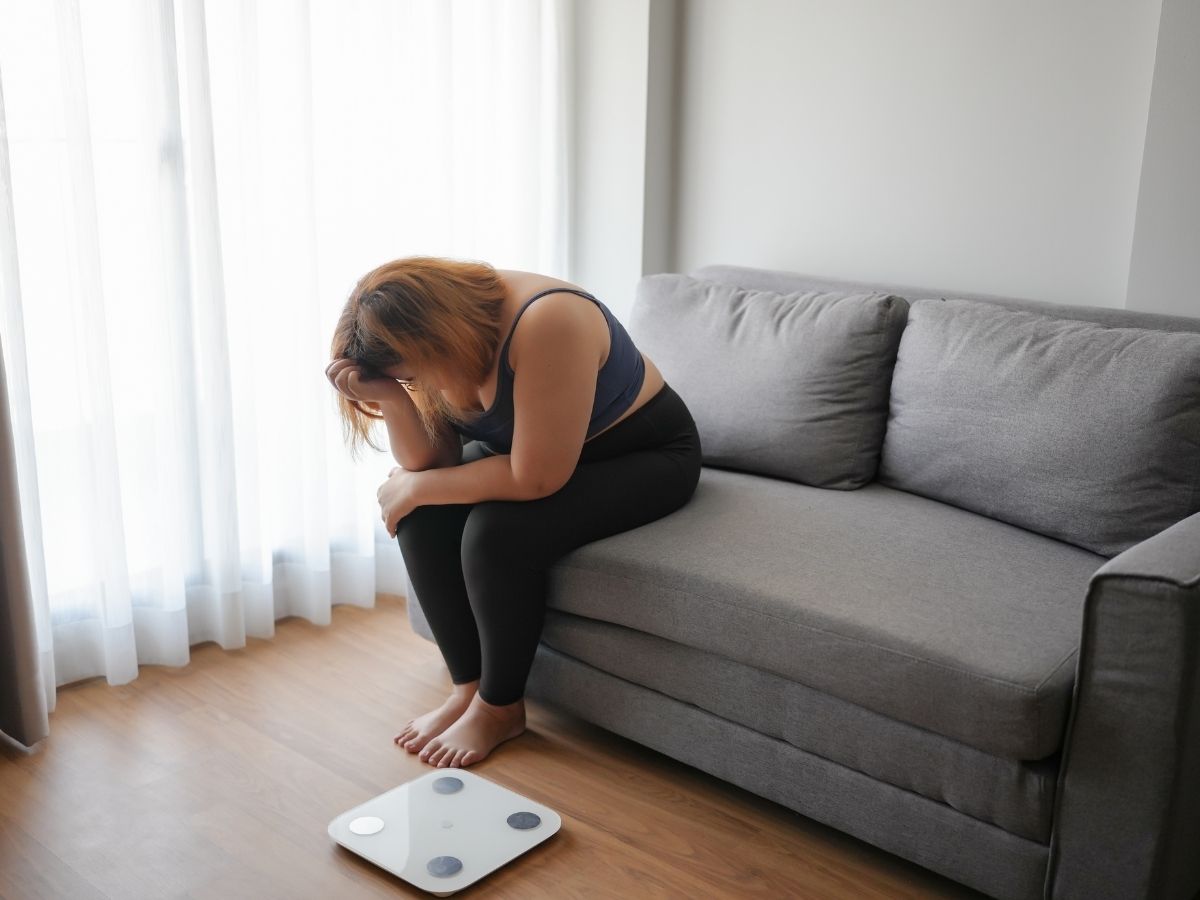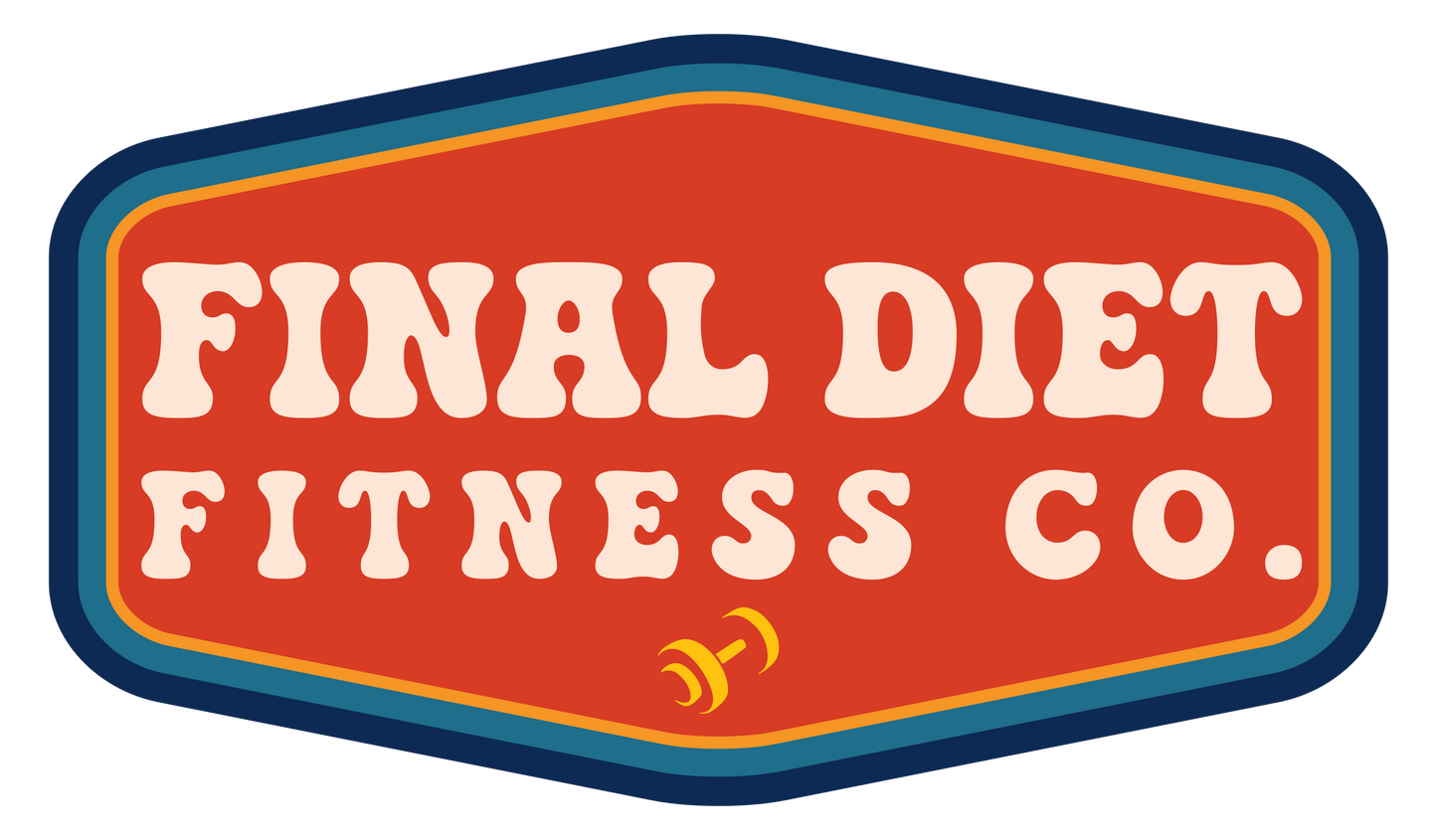
Why Sleep and Stress Matter
Most people think fat loss is about calories only—but recovery controls how your body responds to the deficit. Poor sleep and high stress can reduce energy, increase cravings, and blunt muscle recovery.
The Hormone Connection
- Cortisol: Chronic stress raises cortisol, which can increase appetite and water retention.
- Ghrelin & Leptin: Sleep loss raises ghrelin (hunger) and lowers leptin (satiety). The result: you feel hungrier and less satisfied after eating.
- Insulin Sensitivity: Even one night of poor sleep can reduce glucose control by up to 30%.
Real-World Effects
- Cravings for calorie-dense foods spike.
- You move less (lower NEAT).
- Workouts feel harder; recovery lags.
- The scale fluctuates more from water retention.
Fix Sleep: The Basics
- Set a consistent bedtime and wake time.
- Limit screens 30–60 minutes before bed.
- Keep your room cool, dark, and quiet.
- Cut caffeine after 2 p.m.
- Get morning sunlight exposure for circadian rhythm.
Manage Stress: Practical Tools
- 10–15 minutes of walking outdoors per day.
- Slow, deep breathing before bed or meals.
- Journaling or quick note-dumps to clear your head.
- Exercise—but avoid turning every session into high intensity.
- Protect one “non-negotiable” self-care ritual daily.
How to Know It’s Affecting You
- You’re tired but wired at night.
- You need caffeine to function every morning.
- You feel hungrier despite eating the same calories.
- The scale won’t move, but you’re inflamed or puffy.
Key Takeaways
Improving sleep and managing stress makes your deficit more effective, workouts more productive, and cravings easier to control.
